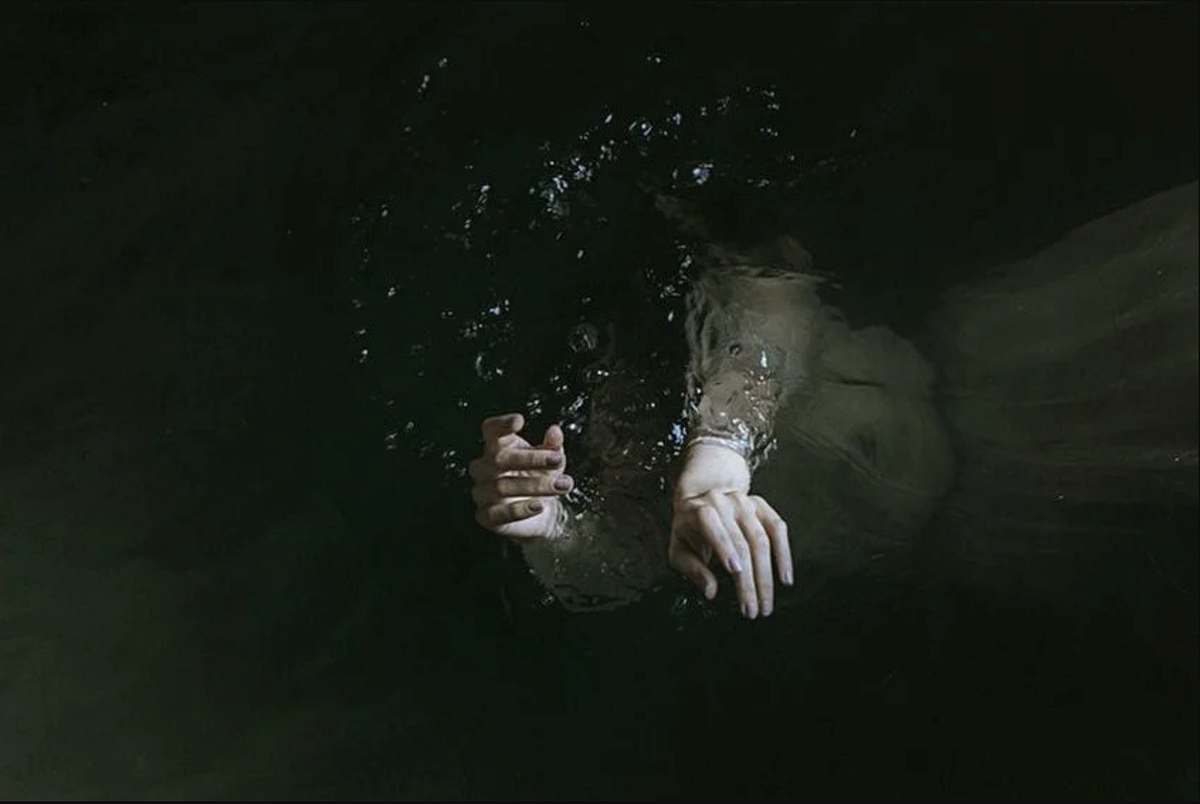Hello, This Your Trauma Speaking. Betrayal lives in your bones. It stays… | by by Your Grace | Sep, 2025

Betrayal lives in your bones. It stays long after the moment has passed.
What is betrayal? To me, it is when someone does not walk the talk. It always takes two for betrayal to exist. At its core, it is born from broken trust. I remember the time I trusted someone and expected the boundary between us to hold. When that boundary collapsed, my whole system marked it as betrayal. My body remembered the mismatch. My mind remembered the danger.
That breach cut deeper than ordinary disappointment. Life does not always go the way you want it to. Boundaries shift. Plans fall apart. But that is not betrayal. Betrayal is a choice, not bad luck. Betrayal felt like the ground beneath me was pulled away. It was not chance. It was a promise undone.
When trust is broken, the wound is never only about the person who hurt you. It becomes about your belief that the world can be safe and predictable. Everything that used to make sense suddenly doesn’t. That is the quiet aftershock of betrayal.
When I was lied to, the collapse of loyalty did more than hurt my feelings. It disoriented my reality. I started doubting my own choices, my judgment, even my sense of freedom. Betrayal does that. It strips away your certainty and leaves you second-guessing who you are and what you can rely on.
The nervous system does not release betrayal easily. It replays it again and again, like a record stuck on the same groove.
The thought goes, I trusted. I got hurt. I cannot let this happen again.
I know that script well. It became the rhythm of my days. Hurt bled into mistrust. Mistrust hardened into anger. Anger collapsed into exhaustion. And then the cycle started all over again.
Every small reminder of the original wound was enough to set it off. My body reacted before my mind had the chance to reason with it. The alarms were always louder than logic. Everything felt urgent, absolute, impossible to ignore.
This is why the pain lingered long after the betrayal itself had ended. Betrayal is not a single wound you patch up and forget. It is a loop. The mind circles it endlessly, chewing on the same memory, searching for an explanation, trying to resolve what never had a resolution.
Like a tape replayed too many times, it begins to warp. The sound distorts. The story breaks down. Betrayal works the same way. Loop it long enough, and what was once a wound becomes something heavier. Betrayal, replayed long enough, becomes trauma.
For a long time I believed trauma was reserved for people who had survived wars or disasters. But I have come to understand that trauma is what happens whenever your sense of safety, trust, or control is shattered. It is not measured by the size of the event but by the way your nervous system locks it in and refuses to let go.
That is why betrayal so often hardens into trauma. It is never only about a person or a relationship. It is about the original wound that never healed. The body remembers what the mind tries to forget. The nervous system stays on guard, always scanning for danger, never able to relax. And yes, it is exhausting to live like that.
This is why the smallest changes can feel threatening. To anyone else, they might look ordinary. To the person carrying betrayal in their body, they carry weight. They trigger alarms that will not switch off. Sometimes it is not intuition speaking at all. It is the system screaming, Danger. Do not trust this again.
Alfred Adler once argued that trauma does not exist in the way we imagine it. What exists, he said, is the meaning we give to the event. By his account, it is not the wound itself that shapes us, but the story we tell about it, the choice we make in its aftermath (pfft, easier to said than done).
I am not sure I can fully live that out yet. My body still remembers. My mind still circles. I am still living with anxiety after all. But perhaps healing is less about erasing the alarms and more about rewriting the meaning. Perhaps the point is not to deny the wound, but to decide what will it becomes.
And that is the question I keep asking myself: will I keep living inside the loop, or will I take the first step outside of it?

